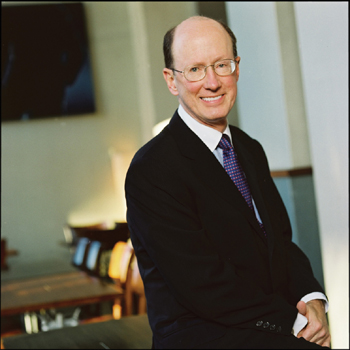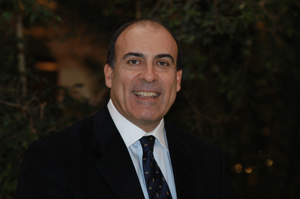John Brock, the former CEO of InBev, who was ousted in 2005 so that the Brazilian Carlos Britos could take his seat, will get a chance to revisit Belgium again – as the new CEO of the world’s largest Coca-Cola bottler.
Grupo Modelo, which is 50.2 percent owned by Anheuser-Busch, saw its shipments to the U.S. drop 6 percent during the fourth quarter of 2007 year-on-year. For the full year 2007, global exports barely rose at all.
In 2007 the sales growth gap between beer and spirits narrowed which is good news for the beer industry.
For those involved in the production, distribution, sale and service of beer, the Siebel Institute of Technology offers an in-depth two-day course.
The World Brewing Academy reports that its Web-based Concise Course in Brewing is now formally recognised by the Institute of Brewing and Distilling (IBD) as suitable for students writing the IBD General Certificate in Brewing Exam.
SABMiller and Molson Coors took another step toward combining their U.S. beer operations, when they announced before Christmas that they had signed a definitive agreement for the deal, which, nevertheless, still requires regulatory clearance.
They like to recruit from among their finest. On 1 July 2008, Muhtar Kent, 56, will succeed Neville Isdell as Chief Executive Officer of the Coca-Cola Company, thus putting an end to speculations who will take Coca-Cola into the next decade.
The 2008 Siebel Institute of Technology & World Brewing Academy course catalogue is now available for download in Acrobat PDF form.
Constellation Brands, the world’s major wine company, is staking a bigger claim in the more profitable segment of the U.S. wine market by taking over Fortune’s Clos du Bois wine brand to add to its collection of USD 8 to USD 11 bottles of wine.
The Boston Beer Company, the brewer of Samuel Adams, posted record third quarter net revenue of USD 84.1 million, an increase of 10.9 percent over the same period last year.


